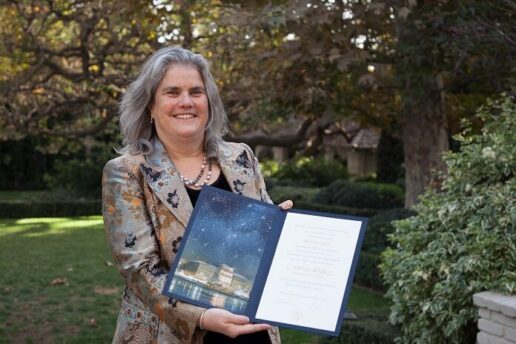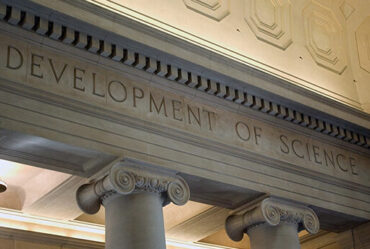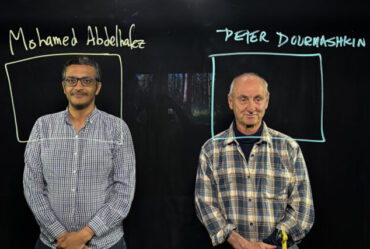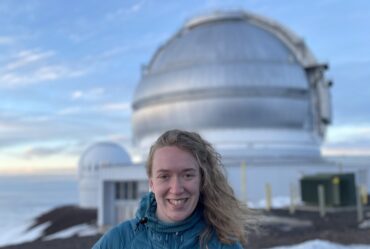
Life beyond the Nobel: Andrea Ghez ’87 eyes up new research directions
In the run-up to the announcement of the 2021 Nobel Prize for Physics on 5 October, we’re running a series of blog posts looking at previous recipients and what they did after their Nobel prize-winning work. Last year’s winner Andrea Ghez tells Physics World’s Matin Durrani how the award is already opening up new opportunities for her.
Physicists around the world are gearing up for tomorrow’s big reveal of who has won the 2021 Nobel Prize for Physics. Part of the prize’s appeal is that no-one – apart from the members of the Nobel Committee for Physics – currently knows who this year’s winners will be. Even the Royal Swedish Academy of Sciences only grants final approval on the very morning the prize is announced, which sounds seat-of-the-pants, but that’s the way it is.
Once the winners are declared, however, their lives will change forever. To find out what impact the prize can have, I caught up with US astrophysicist Andrea Ghez, who shared one half of last year’s award with Reinhard Genzel for their work discovering a huge black hole lurking in the middle of the Milky Way (Roger Penrose bagged the other half for his theoretical studies of black holes and general relativity).
I have to work harder to maintain a balance between being a more public figure and carrying out research.
Angela Ghez
Ghez, 56, is still as active as ever, but admits her working life has certainly changed over the last year. “I’m receiving a lot more requests from all over the place,” she says. “So I have to work harder to maintain a balance between being a more public figure and carrying out research, which continues to be my first priority.”
She was, for example, co-author of a paper earlier this year describing plans for an infrared spectrograph to be used on the upcoming Thirty Meter Telescope. Ghez also recently gave a keynote address to students graduating from the International Centre for Theoretical Physics in Trieste, Italy. She even revealed she still gives introductory lectures to undergraduate students to “shape the next generation’s ideas about who can be a scientist”, knowing how vital it is for Nobel laureates to act as role models.
However, Ghez has had plenty of opportunity to do things she wouldn’t have had the chance to tackle without a Nobel under her belt. “The most rewarding experience that I would not otherwise have had was speaking to the Hawaii county council at a meeting when they gave me a lovely signed certificate acknowledging my Nobel-prize work that was carried out in Hawaii,” she reveals.
“I was deeply honoured and thrilled to express my gratitude for having had the opportunity to work in Hawaii at Keck Observatory, the largest telescope in the world.”
But are there are any new research directions Ghez wants to go into that would have not been possible before the prize?
“Yes!” she insists. “I’m really excited to take on a more ambitious and riskier research agenda that would not have been possible otherwise to explore how gravity works near supermassive black holes and how these exotic, but poorly understood, objects regulate the formation and evolution of galaxies.”


